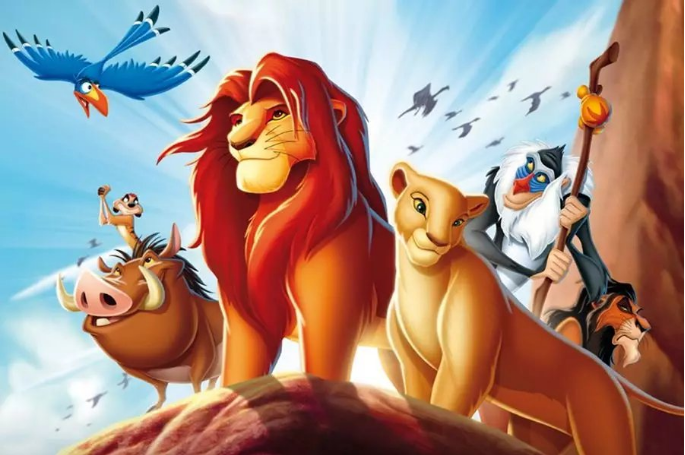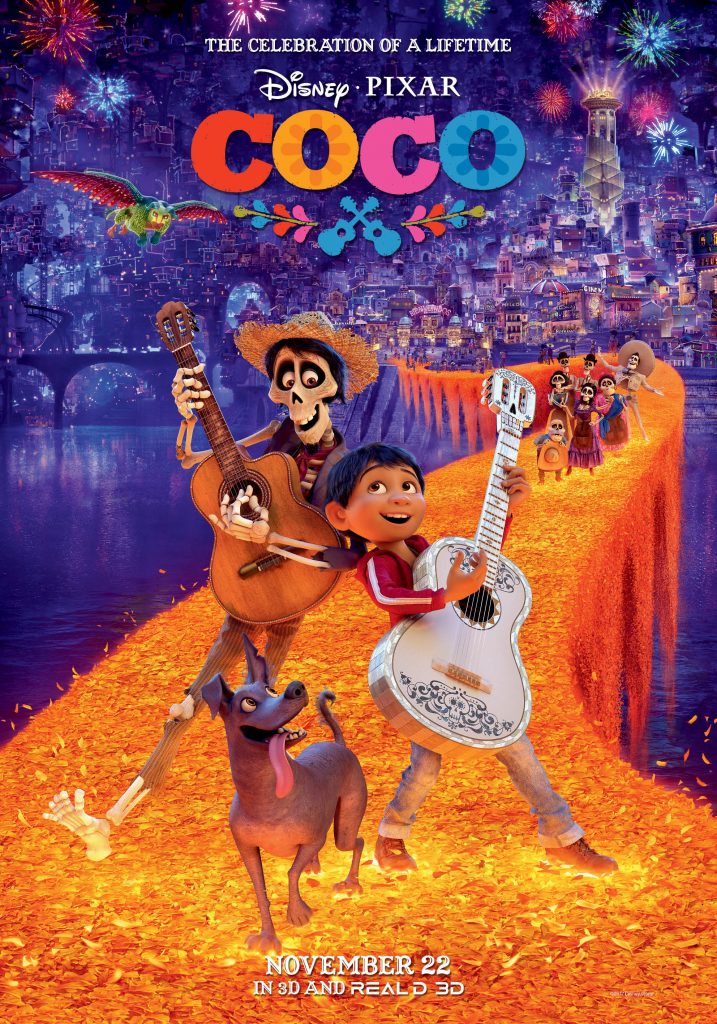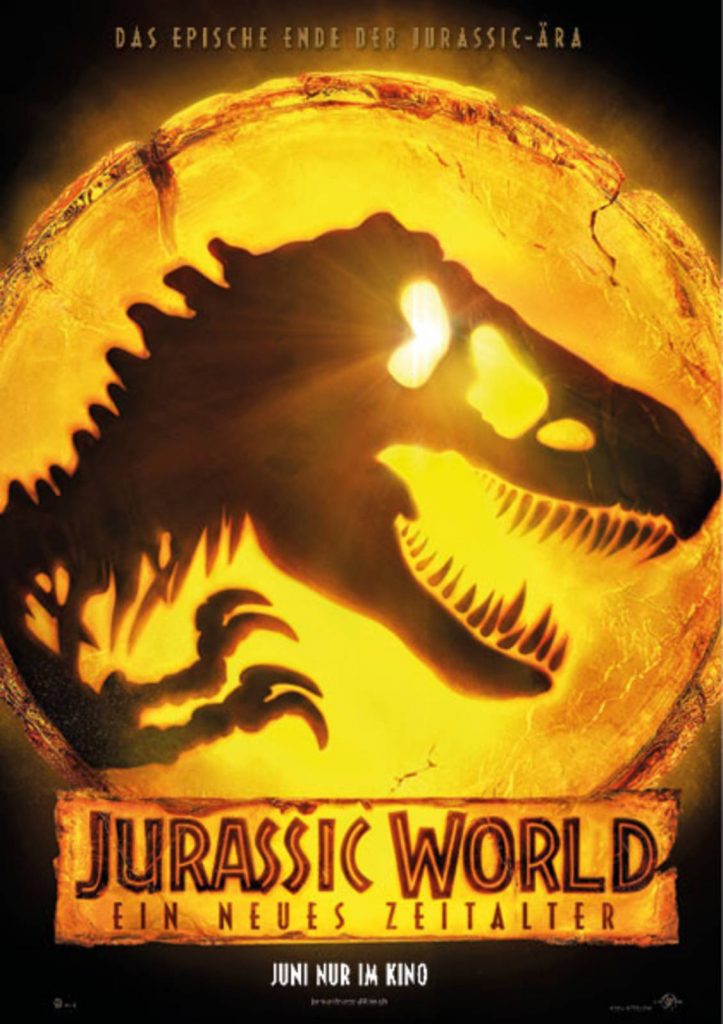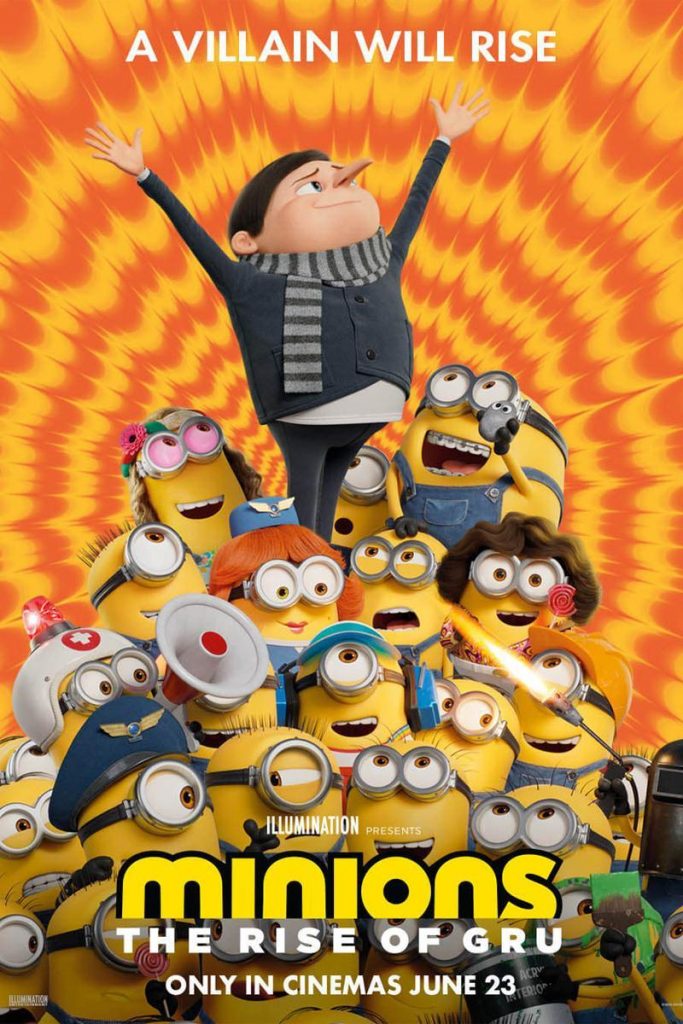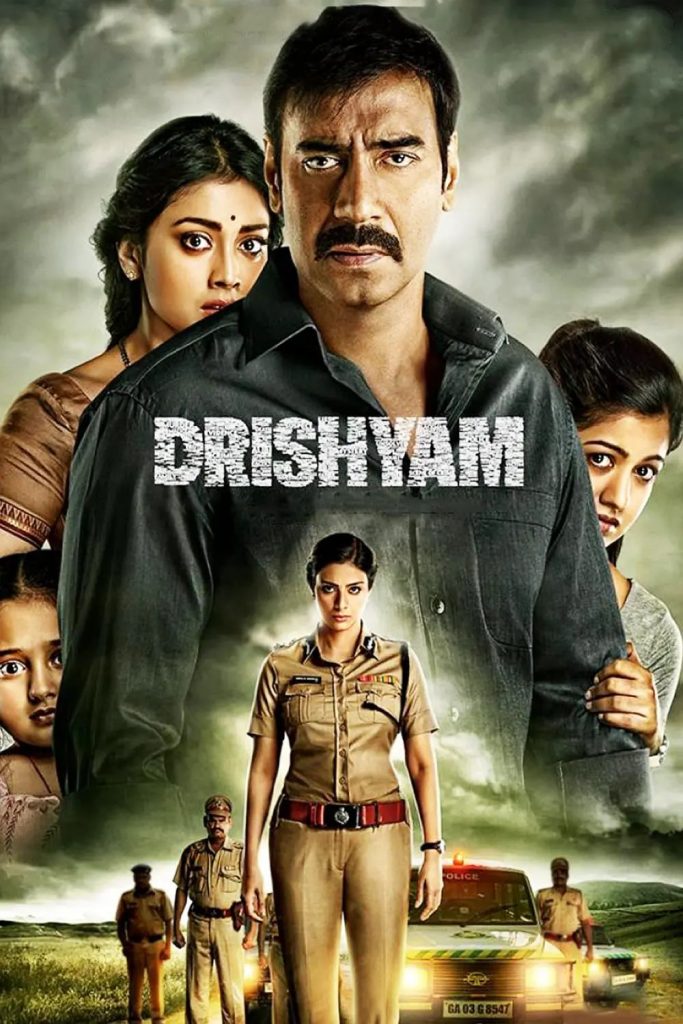What’s the anxiety about the family just using a big animated IP for a hyper-immersive technical experiment? What anxiety is being spread? How can you say that Disney sacrificed an animation for the sake of the box office?
The Lion King, which opened in mid-July, is now approaching the end of its run, and its popularity has been completely overshadowed in China by Nezha, which is no longer likely to have another chance to soar at the box office.
But there is no doubt that the live-action version of The Lion King has fulfilled Disney’s performance expectations, reaching $1 billion at the global box office three weeks later, making it one of the top 100 films of all time…
What does this mean? For one, Disney’s ability to make money worldwide is still unmatched by domestic animation. Secondly, the high box office is a sign of market acceptance, so this should also be proof that the new Lion King film is the perfect legacy of the original?
If you’ve been to the cinema to support The Lion King and remember the plot of the original animation, you’ll be impressed by Jon Fieru’s ability to recreate the “plot” – basically uninspired and strictly respecting the original’s presentation (don’t take that as a joke, but for most remakes, the most damaging aspect is the haphazard adaptation of the plot).
But the question remains, why is it that The Lion King, which on the one hand has been a box office hit, and on the other hand has received positive reviews from the internet, has only managed a low 7.4 Douban score? The answer may be found in the words of a recent interview with a designer who worked on the 94th version of The Lion King animation —
“The Lion King is just trying to be realistic, and it’s disappointing that a lot of the important emotions have been removed from the original.” The designer who made this comment was “David Stephen”, an animator who worked on the original villain, the Hyena. His comment was made in relation to both the expressions of the characters and the exaggerated singing and dancing movements. The former is so overly realistic that each character looks almost identical in the film.
The latter, although the film retains the singing and dancing, is unfortunately only a minor dance and song, and is fundamentally different from the almost kaleidoscopic scenes of the original animation.
Not only that, but through his conversations with the press, we also learned that the current industry criticism of the mistakes of the live-action Lion King would be a “political mistake” (David has expressed: “If you ask the staff, the response is basically, ‘Why did you do that? Why is it being adapted like that?”). . So even though there were many designers involved in the old anime, there were very few who had the courage to be so outspoken.
All of these responses seem to make sense, and taken together, they suggest that Disney, in its quest to maximise revenue commercially, compromised the essence of the original animation and turned The Lion King into a complete animal world. In David’s words, “Disney just wants to make money, and that’s disappointing for a company that is based on creativity and art”.
My take
I don’t know if you will deny the same opinion as David, or if you had the thought “this is a bad, if not ruined, animation” after watching The Lion King.
But in my opinion, David’s last comment is a bit extreme: the quest for authenticity is real, but can it be directly linked to the so-called “money-oriented” equation?
Does this mean that Dumbo’s failure was due to “not being real enough”? The answer is obviously no, and if you’ve been to the cinema, you’ll never question its authenticity.
Also, do you think that audiences are naturally inclined towards documentaries like Animal House? Yes, every year the BBC’s eco-blockbusters are a hit with friends thanks to their magnificent footage, but it’s worth noting that they are no match for Hollywood popcorn blockbusters in terms of box office appeal – the lack of entertainment inherently predisposes the genre to be watched on a whim on the internet.
So, since “real” doesn’t necessarily mean “box office”, can Jon Feijoo’s series of initiatives in The Lion King be called money-sniffing actions? The answer is also clearly no! In my opinion, this is just a creation of the director with the goal of “new technological innovation” – the first CG film to date to use full VR technology, allowing the cinematographer to enter the virtual world and capture scenes in real time. To put it bluntly, they are also pursuing and experimenting with the possibility of opening up new creative boundaries. In that case, what’s there to spout about? Oh yes, Jon’s quest for technical development ultimately led to the box office success of The Lion King, which made some of the original animation designers jealous, so they are forcing a cause-and-effect relationship without regard to logic?
This is as alarmist as the article “The Lion King was made into “Animal World” and the soul of animation should not be sacrificed for the sake of technology” published by a domestic critic during the release of “The Lion King”… A sacrifice for what, if you ask me? Is it now that the whole world can no longer create animated films after The Lion King comes out? Has Disney sealed the deal that the original Lion King animation will be wiped out and that no new animated sequels will be possible in the future?
No. They’re just using a big animated IP for a technical experiment in hyper-animativity, so what’s the anxiety? What anxiety is being spread? But yes, how can a teacher in charge of animation design evaluate the pulse of the entire anime and film industry?
